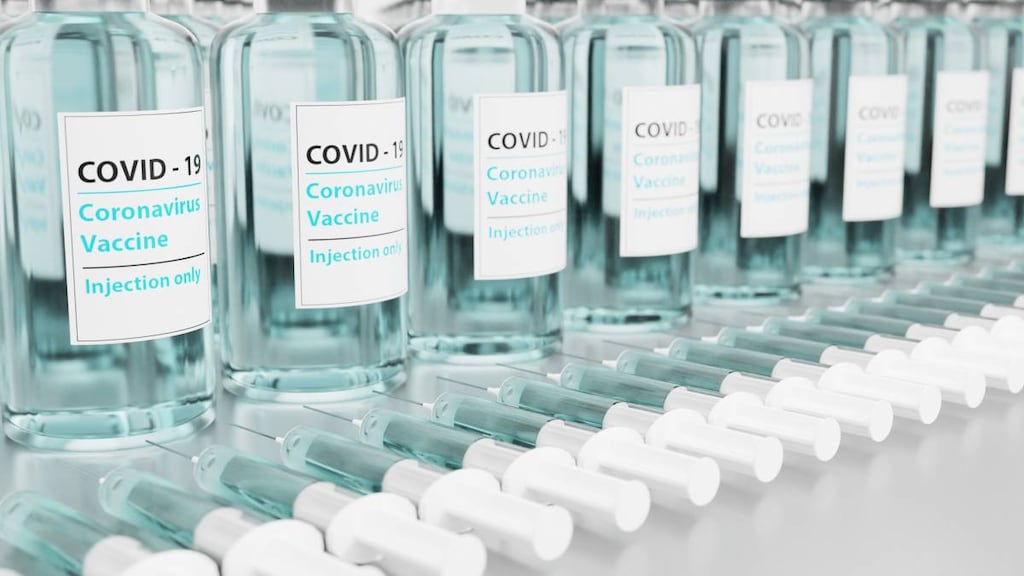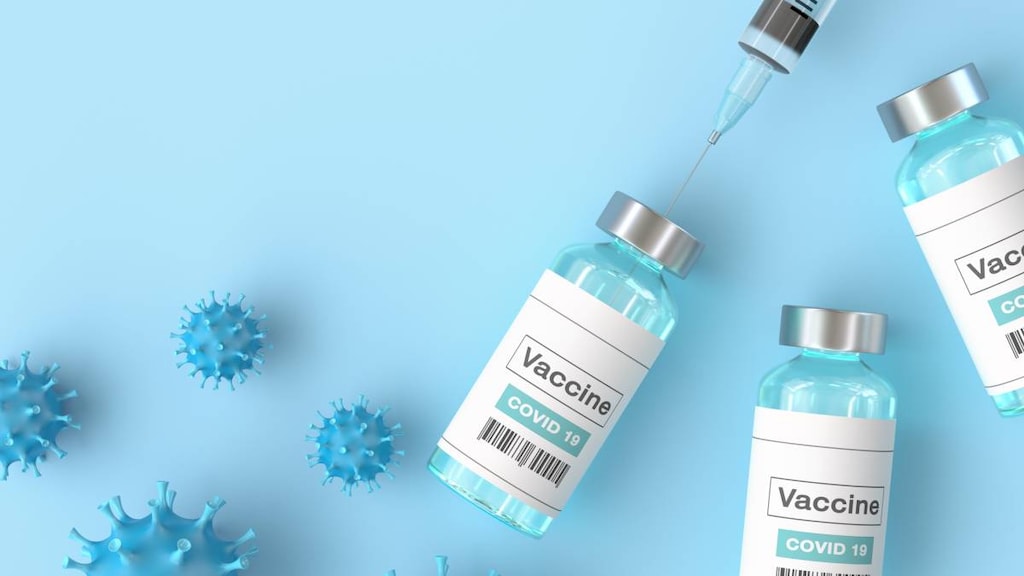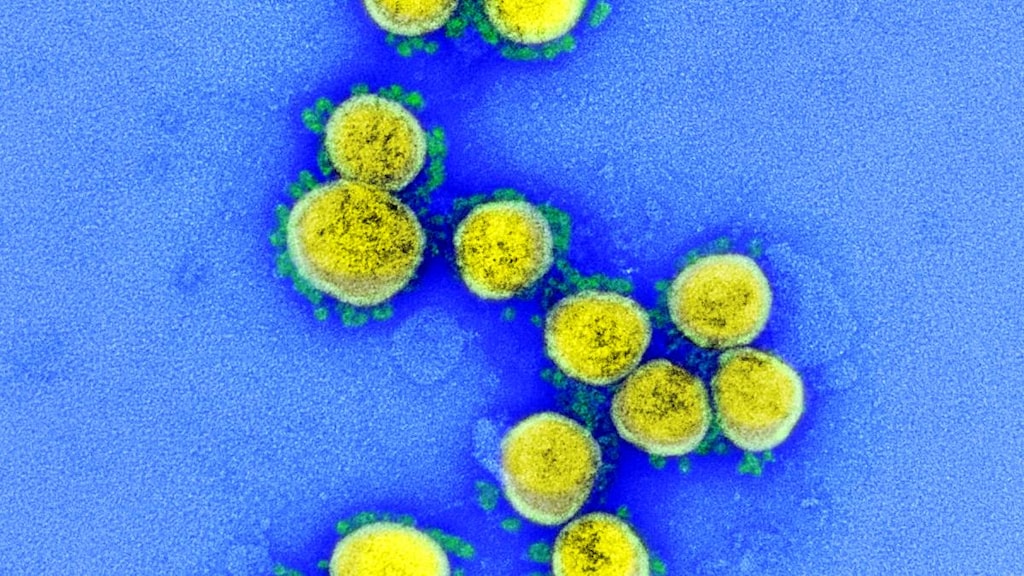Two COVID-19 vaccine doses needed when dealing with the Delta variant - And a third helps even more

As the worldwide spread of the Delta variant (B.1.617.2) of SARS-CoV-2 (severe acute respiratory syndrome coronavirus 2) continues to cause concern, researchers have found that it’s essential to get two doses of COVID-19 vaccine to protect against symptomatic COVID-19 infection. In the case of the Pfizer vaccine, a third dose has also been shown to provide a strong boost to the protection on offer.
Why is there concern about the Delta variant?
The Delta variant has been classified as a Variant of Concern (VoC) by the World Health Organization (WHO) and its network of experts. This variant is causing concern because it is thought to replicate faster, leading to people becoming infectious earlier and having higher viral loads.
The Delta variant spike protein mutations L452R, T478K and P681R enable the Delta variant to spread two to three times more quickly than the older versions of the coronavirus, making it currently the most contagious version in the world.
Researchers at the Guangdong Provincial Center for Disease Control and Prevention in China have been studying the Delta variant and have compared the data from 62 patients infected with the Delta variant in mid-2021 with data from 63 patients infected with the virus (19A/19B strains) during the initial wave of infections in early 2020.
The researchers found that on average:
- About 1000 times more copies of the virus are found in the respiratory tracts of those infected with the delta variant when they first test positive compared with the original strains.
- The Delta variant reaches detectable levels about four days after a person becomes infected, compared with six days for the original strains.
Two doses of vaccine are much better than one
A separate group of researchers in the UK have found that two doses of the Pfizer (BNT162b2) or AstraZeneca (ChAdOx1 nCoV-19) vaccines are needed to help protect against symptomatic COVID-19.
One dose of the vaccines was only 30.7 percent effective against the Delta variant, which was lower than the 48.7 percent effectiveness seen against the Alpha variant. Both the Pfizer and AstraZeneca vaccines had similar efficacy after one dose.
Two doses of the Pfizer vaccine, however, were 88 and 93.7 percent effective against the Delta and Alpha variants, respectively. While two doses of the AstraZeneca vaccine were 67 percent effective against the Delta variant and 74.5 percent effective against the Alpha variant.
The findings were based on an analysis of data from 19019 cases of symptomatic COVID-19 in individuals who had been vaccinated with either the Pfizer or AstraZeneca vaccines. A total of 14837 of the cases caught the Alpha variant and 4272 caught the Delta variant.
A third dose of the Pfizer vaccine boosts protection further
At least a 5-fold increase in antibodies against the Delta variant was seen in people aged 18-55 years who received a third dose of the Pfizer vaccine, according to information reported in Pfizer’s second quarter 2021 earnings teleconference on 28 July 2021. In people aged 65-85 years, the increase in antibodies was at least 11-fold higher following the third dose compared with levels seen after the second dose. The report was based on data from 23 people who received a third dose of the vaccine.
Bottom line
- The Delta variant spreads more easily because people who catch it become infectious sooner and have a much higher viral load.
- The increased infectiousness of the Delta variant in the early stages of infection highlights the importance of quarantining suspected cases or close contacts to break the chain of transmission of the virus for person to person.
- Two doses of the Pfizer and AstraZeneca COVID-19 vaccines are more effective against both the Alpha and Delta variants of SARS-CoV-2 than one dose.
- It’s important to make sure people receive both doses of their COVID-19 vaccine to ensure maximum effectiveness.
- A third dose of the Pfizer vaccine further boosts protection against the Delta variant.
Article references
- Lopez Bernal J, Andrews N, Gower C, et al. Effectiveness of Covid-19 Vaccines against the B.1.617.2 (Delta) Variant [published online ahead of print, 2021 Jul 21]. N Engl J Med. 2021;10.1056/NEJMoa2108891. doi:10.1056/NEJMoa2108891.
- Li B, Deng A, Li K, et at. Viral infection and transmission in a large well-traced outbreak caused by the Delta SARS-CoV-2 variant. MedRxiv Preprint July 123, 2021. Available at: doi: https://doi.org/10.1101/2021.07.07.21260122.
- World Health Organization (WHO). Tracking SARS-CoV-2 variants. July 23, 2021. Available at: https://www.who.int/en/activities/tracking-SARS-CoV-2-variants/. [Accessed July 29, 2021].
- Pfizer. Second Quarter 2021 Earnings Teleconference. July 28, 2021. Available at: https://s21.q4cdn.com/317678438/files/doc_financials/2021/q2/Q2-2021-Earnings-Charts-FINAL.pdf. [Accessed July 29, 2021].




